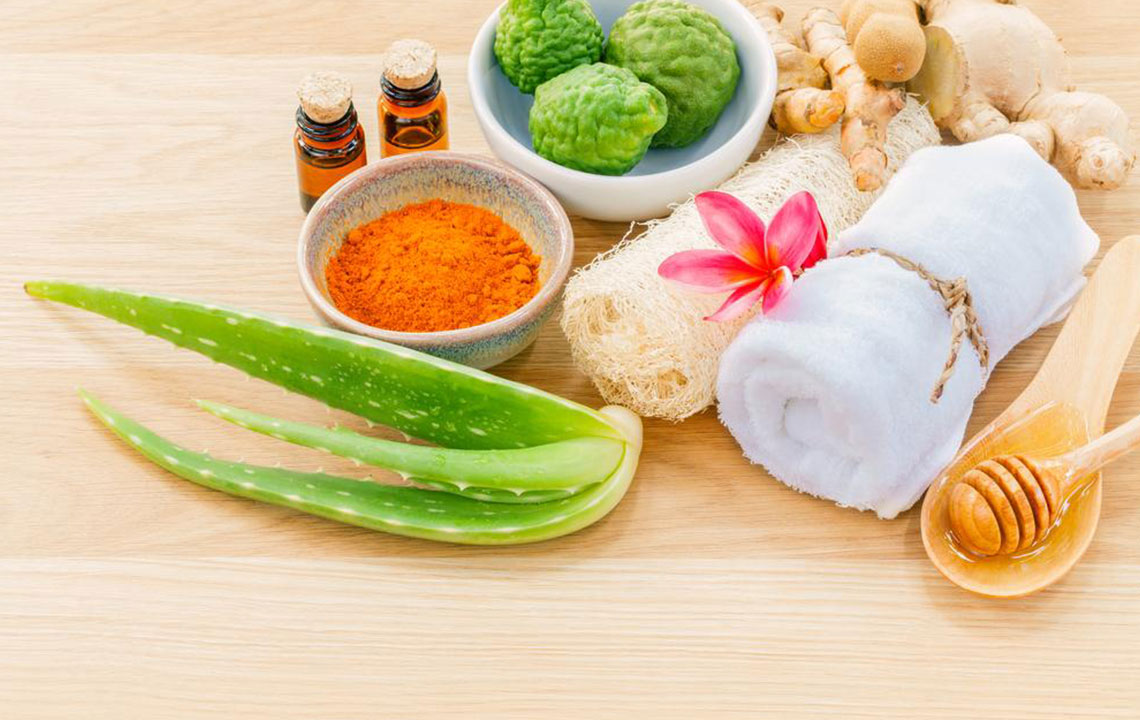8 Natural Remedies for Managing IBS

The rising amount of stress levels owing to unhealthy lifestyle is taking a toll on your body’s immunity system. Sedentary lifestyle brings with it series of medical conditions, which not just harm you physically but also exhaust you mentally. One such medical condition targeting people within the age group of 30 to 48 is IBS (irritable bowel syndrome).
There is no single concrete reason as to why people suffer from this syndrome. However, experts believe it could be because of problems in the nervous system, infections, changes in the gut bacteria, weak muscle contractions or swelling of the intestines. These issues can be aggravated by excessive consumption of fast food, aerated drinks and other foods are primarily heavy on the stomach, which leads to an imbalance in the digestive system. This causes episodes or diarrhea, constipation or both leading to irritable bowel syndrome.
The doctors can initiate the IBS treatment by recommending supplements, antidepressants, anti-diarrheal drugs, laxatives, etc. Apart from seeking professional help, here are some tips that can help supplement your IBS treatment.
- High-fiber diet
A few changes in your regular eating habits will ensure a good healthy digestive system and will help in avoiding bowel irritation. Consume foods that are high in fiber content as it helps in steady digestion. Fruits, vegetables and whole grains are high in fiber as well as easy on the gut. However, do not go overboard on consuming fiber as excess consumption might result in stomach crunches and bloating. Plan a regular intake amount of fiber and include it in your daily diet. If natural fiber leads to excessive bloating, then consult a doctor who could suggest you with fiber supplements which are available at drugstores. - Regular home meals
Home cooked food is the best measure especially when you are suffering from irritable bowel syndrome. Home cooked food is light on the stomach and also healthy. Chalk out a meal plan and have approximately five to six meals in a day. Categorize foods depending upon breakfast, afternoon snack, lunch, evening snacks and dinner. Avoid skipping meals as empty stomach creates gas leading to bloating and belching. - Go organic
The unwarranted use of pesticides, chemicals and other substances has made food quality inferior. However, the rising awareness of usage of chemical-induced foods has also paved the way for organic and gluten-free foods today. Chemicals and gluten combined obstruct the natural functioning of the digestive system and hence can be substituted with organic and gluten-free foods. A lot of supermarkets today have sections dedicated to organic food only. - Cutting down on dairy products
Individuals suffering from irritable bowel syndrome, if are lactose intolerant too, then they must avoid consumption of dairy products. Instead of milk switch over to yogurt or fruit yogurt. In extreme cases however, doctors would recommend you to keep off lactose and instead suggest supplements and tablets. - Tobacco and alcohol
For people suffering from irritable bowel syndrome, consumption of tobacco or alcohol will negatively influence the existing IBS treatments. Tobacco contains nicotine which releases harmful toxins in the digestive tract thereby weakening it. Excessive intake of alcohol directly affects the intestines thereby leading to irregular bowel movements. - Water
Having an adequate amount of water intake is an integral part of your IBS treatment. It helps to keep you hydrated and energized throughout the day and ensures smooth functioning of all body organs. It helps in flushing out unwanted body toxins, thereby keeping the digestive tract healthy. It also helps in breaking down food particles, thereby ensuring healthy bowel movements. In addition water, you can also increase the consumption of fresh fruit juices. - Exercise
Lack of exercise makes the body stiff and weak. Body muscles and internal organs are in need regular exercise to help them function properly. If hitting the gym is not your cup of tea, then a 20-minute brisk walk is all you need to keep your internal organs healthy. Regular brisk walking releases muscle strain and helps in strengthening the stomach. You can even try alternative exercises such as power yoga or pilates to maintain a good gut health. - Green tea
Herbal remedies have always come handy especially for stomach and bowel ailments. Substitute regular tea for green tea, as it is lighter on the intestines and helps in the elimination up of harmful toxins in the digestive tract. It also helps in burning unwanted fat elements caused due to consumption of fried foods, thereby easing the digestive process. Green tea is easily accessible in the market and also has numerous flavor options to choose from.
If you are still suffering from irritable bowel syndrome, then consult a specialist, so that they could alter your IBS treatment. Also, remember not to take any prescription medications without your doctor’s approval.


